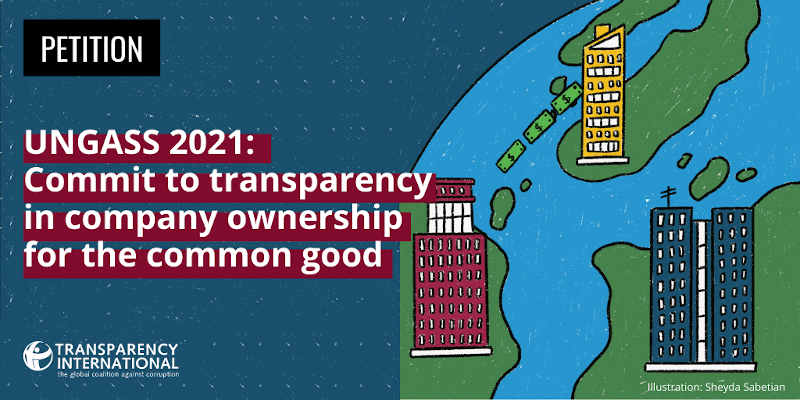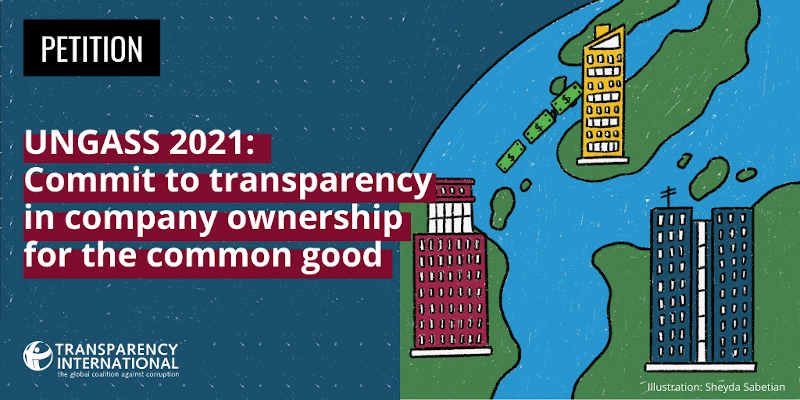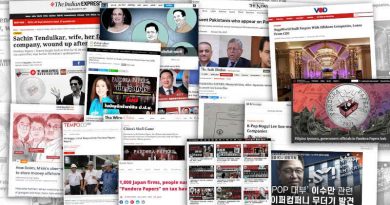UN General Assembly Urged to End Anonymous Shell Companies

Almost 700 signatories from 120 countries ask UNGASS 2021 to set a new global standard on beneficial ownership transparency.
Global anti-corruption research organization Transparency International submitted an appeal to the UN General Assembly on February 24 from almost 700 signatories calling for a new global standard for transparency in company ownership.
The appeal comes ahead of the UN General Assembly Special Session Against Corruption, UNGASS 2021, scheduled for June. It asks that UNGASS 2021 commits all countries to set up national, public registers of companies, disclosing the real individuals who own, control or benefit from them.
The signatories include academics and research centres, companies and business executives, civil society groups and activists as well as several government agencies and public officials.
“Anonymous companies are vehicles for corruption and other illicit practices that jeopardise the common good. We are asking country representatives preparing for the UNGASS 2021 to heed this call for urgent action,” said Gillian Dell, Head of Conventions Unit at Transparency International.
According to Transparency, numerous investigative reports and scandals have shown that anonymous companies enable and fuel corruption and other financial crimes. The recent OpenLux investigations highlighted the power of public registers of beneficial ownership for identifying suspicions of money laundering, corruption, tax evasion, and other criminal activity.
“In recent years, many countries have made progress towards ending the abuse of anonymous companies – most recently the United States. But, as our campaign shows, there is an overwhelming consensus that fundamental fixes are necessary across the board. Criminals and the corrupt must have nowhere to hide their ill-gotten loot. This means universal adoption of public beneficial ownership registers, based on a robust definition of beneficial ownership and accompanied by strong verification processes,” said Maíra Martini, Research and Policy Expert at Transparency International.
The appeal argues that companies that exist only on paper, exploiting the legal systems and concealing their ultimate ownership, are tools for the diversion of critical resources needed to advance sustainable development and collective security.





